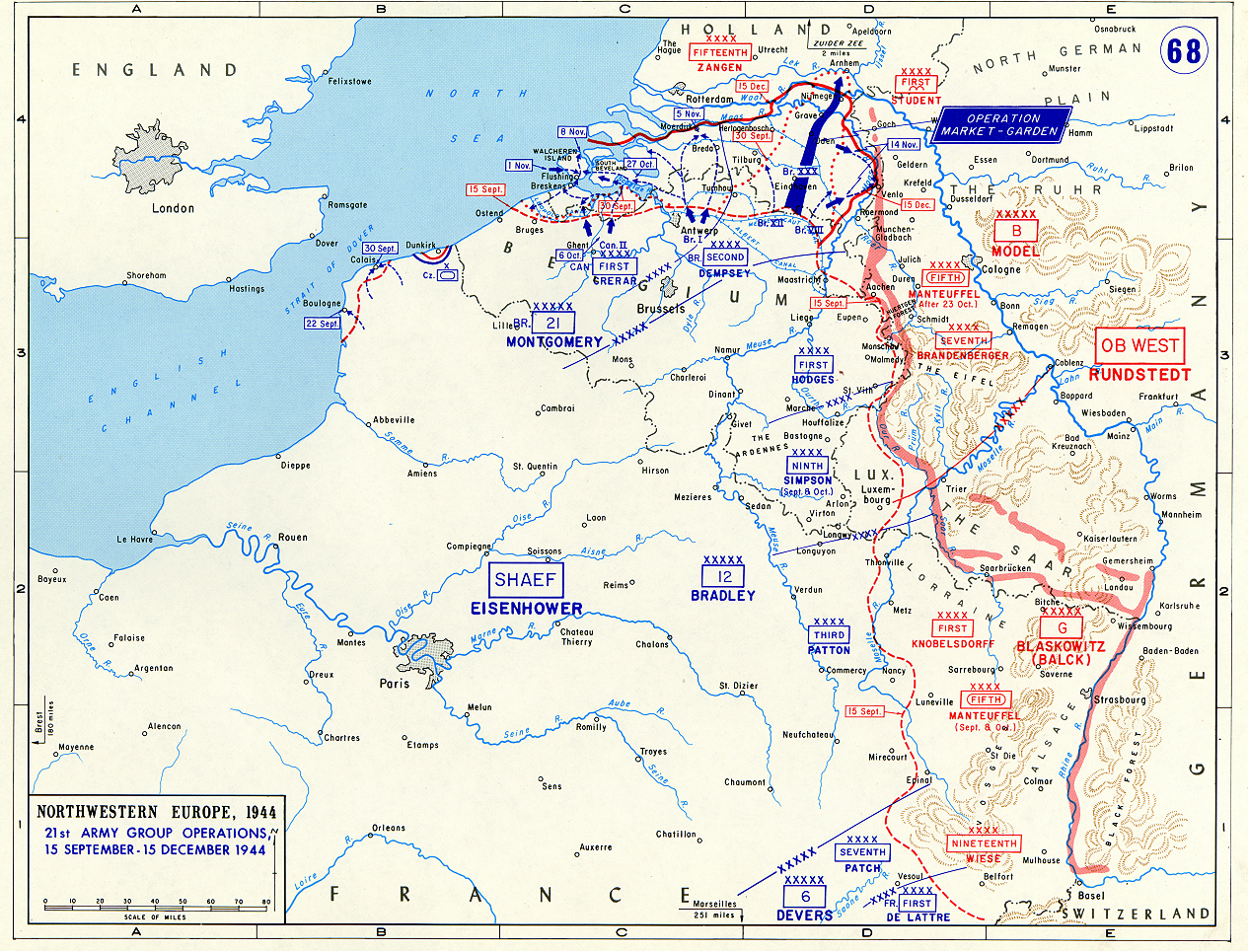Hello!
I was wondering what the effects would be of a successful Operation Market Garden? From what little I know of it, it seems that if the Allies had moved quicker on the various bridges they might've been able to pull it off. However it is done, let us assume that Market Garden is successful for the sake of this thread.
The Allies apparently wanted to end the war in Germany by Christmas 1944. Given that Market Garden is in September 1944, that seems like an extremely ambitious timeframe given that the OTL war lasted nearly another year. Additionally, as this was meant to project the Western Allies further into Germany, how and when would they meet up with the Russians?
To be frank, I'm a bit more interested in the Cold War implications of a unified Germany than the particulars on how this alternate WWII shakes out (given that the Axis will be losing either way), but feel free to discuss whichever portion of the POD most interests you.
I was wondering what the effects would be of a successful Operation Market Garden? From what little I know of it, it seems that if the Allies had moved quicker on the various bridges they might've been able to pull it off. However it is done, let us assume that Market Garden is successful for the sake of this thread.
The Allies apparently wanted to end the war in Germany by Christmas 1944. Given that Market Garden is in September 1944, that seems like an extremely ambitious timeframe given that the OTL war lasted nearly another year. Additionally, as this was meant to project the Western Allies further into Germany, how and when would they meet up with the Russians?
To be frank, I'm a bit more interested in the Cold War implications of a unified Germany than the particulars on how this alternate WWII shakes out (given that the Axis will be losing either way), but feel free to discuss whichever portion of the POD most interests you.

